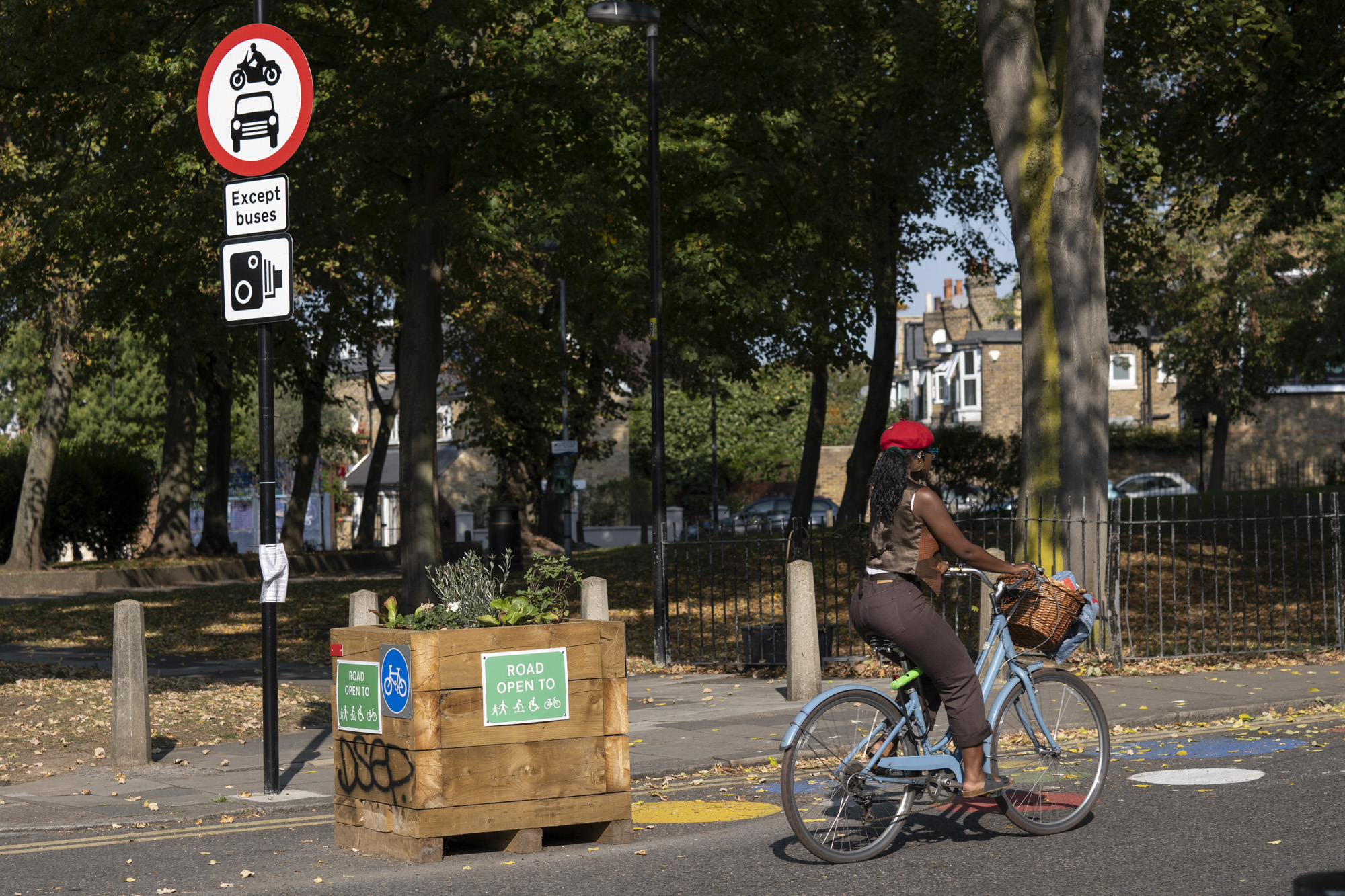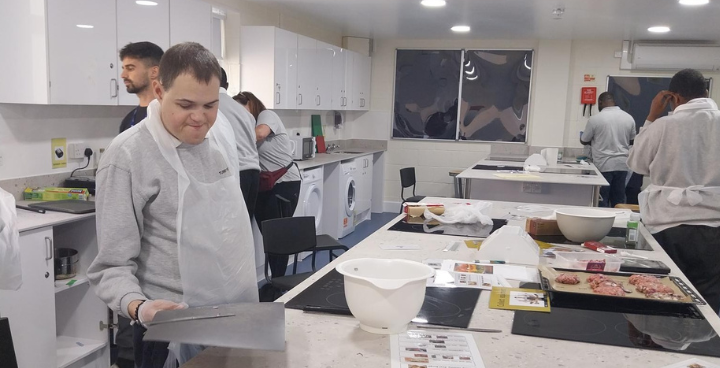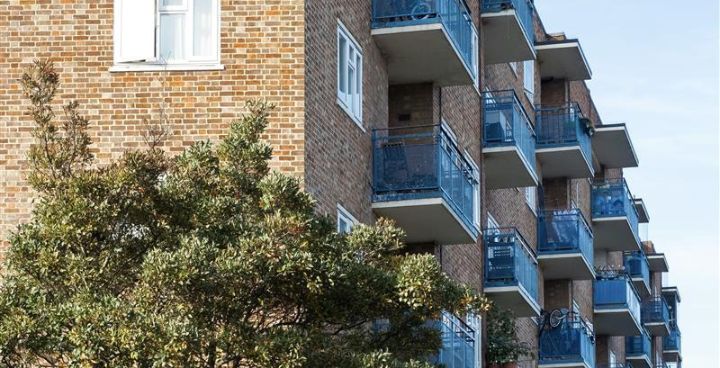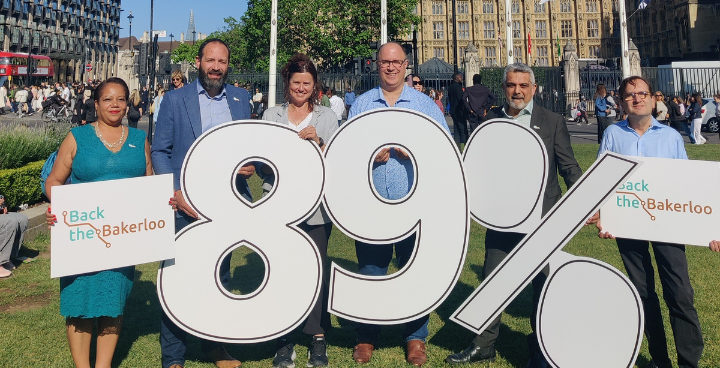
The schemes in the Oval to Stockwell, Streatham Hill, Ferndale, Railton and Tulse Hill areas were introduced to reduce road danger and provide safe and accessible routes for walking, cycling, scooting and wheeling as part of the Mayor of London’s Streetspace for London plan
Monitoring during the trial period
Over the past few months, the council has been monitoring how the schemes have been working and has made tweaks and improvements off the back of constructive feedback from local residents and businesses.
The council has now begun moving each scheme onto a formal trial basis using experimental traffic orders, which allow changes to road layouts to be trialled for up to 18 months so that residents can see how the changes work in practice, and share their feedback.
Traffic and air quality in and around each scheme will be assessed and reported on transparently, so everyone can see whether the scheme is meeting the objectives set out within the monitoring strategy at the review stages. A public consultation on each scheme will take place before considering whether they should be made permanent or not.
As transport changes tend to take time to settle in and are affected by many different factors, the council plans to take a flexible approach; if a scheme is meeting its objectives during the 6-month objection period set out within the experimental traffic order process, then consultation on a permanent scheme may begin. If more time is needed to measure its impact, then they could be extended and tweaked to address local concerns or cancelled altogether following further review.
Word from the cabinet
Cllr Claire Holland, Deputy Leader of the Council (Sustainable Transport, Environment and Clean Air), said: “At the start of the Covid-19 pandemic, we recognised the need for urgent action. We swiftly put in place measures to support safe travel on foot, including with mobility aids and by cycle, included adapted cycles at a time when capacity on London’s public transport was down by over 80 per cent. We took action to protect our residents from road danger given the huge increase in speeding reported by the police reported on London’s streets during the pandemic.
“In normal times, we would have had more time to engage with the community first before introducing these measures. However, the risks posed by the pandemic were stark and immediate, and in line with the statutory guidance issued by government, we introduced the schemes whilst engaging with residents at the same time.
“I appreciate residents have been asking about the data which the council will be collecting and considering and I’m pleased to publish our monitoring strategy which sets out our approach. Since each scheme went live, we’ve been working with the community to understand how they are working so that we can make improvements. We know that we won’t have got everything right first time, so we’ve been making tweaks and changes based on resident and business feedback.
“We know that any traffic changes take time to settle as people adapt, and so in this period we’ll be monitoring traffic inside and outside each LTN to understand how people are choosing to travel. We will be out and about in the community as much as coronavirus restrictions allow meeting with residents, schools, businesses and local organisations to understand their views and work with them constructively to identify ways that they can be improved. A full consultation will then take place where everyone will be able to have their say, with views considered alongside the data collected.
“Only once we’ve gathered this important feedback and data will we make a final decision about whether to make each scheme permanent or to remove it. Throughout the trial period, residents will be kept informed with regular reports that will show a transparent picture of the impact of the schemes.”
Read the Monitoring Strategy in full.
You can find out more about the low traffic neighbourhoods and other projects in our emergency transport response to coronavirus online at https://lambethtransportcovidresponse.commonplace.is/



